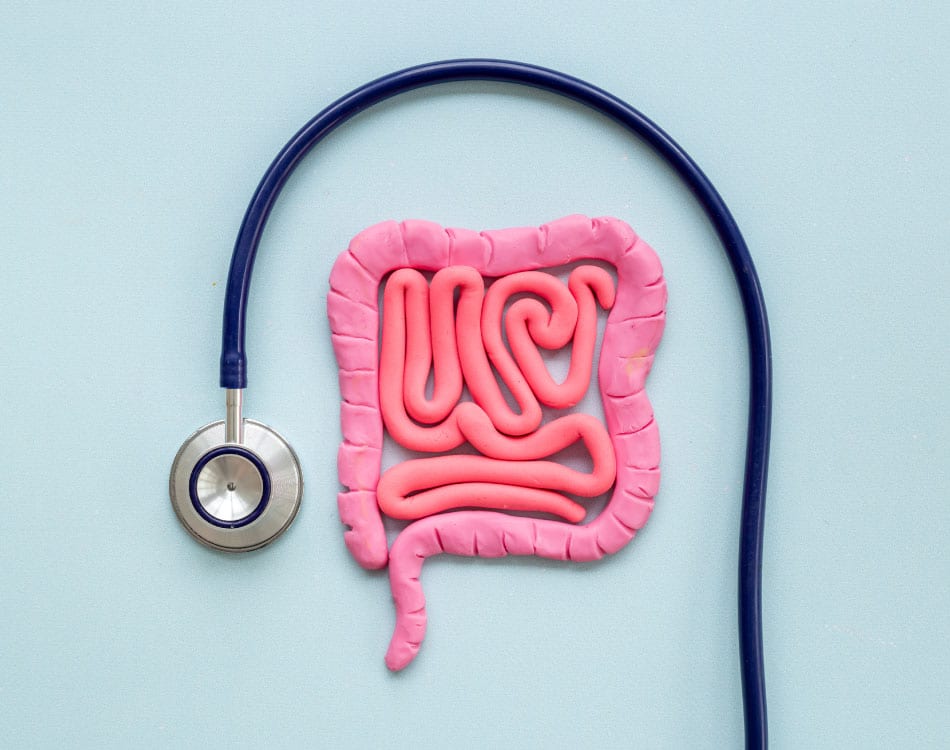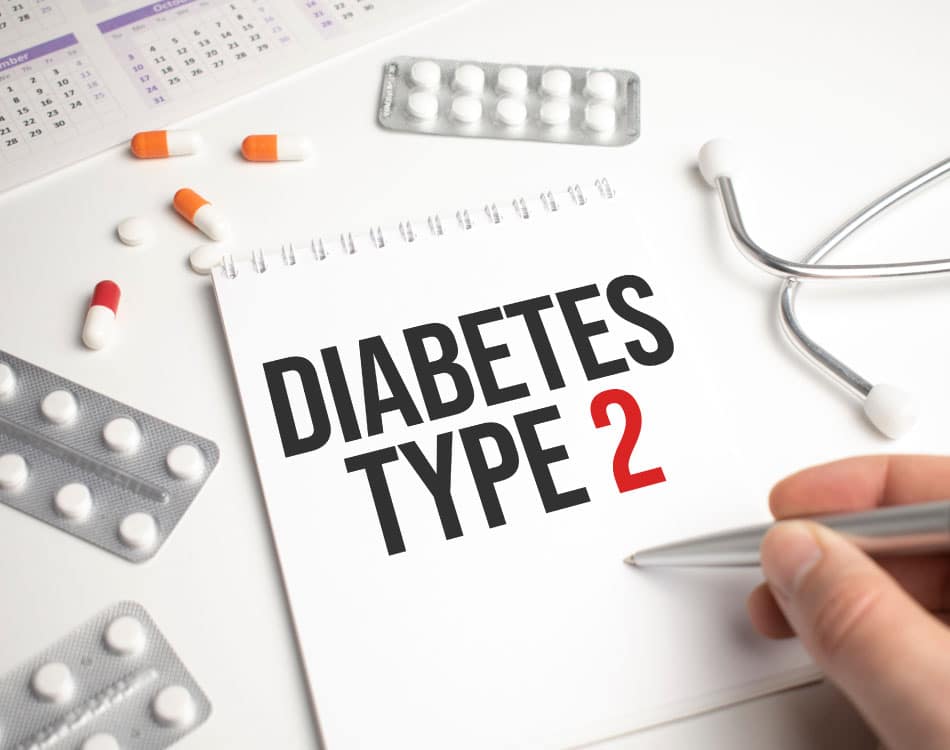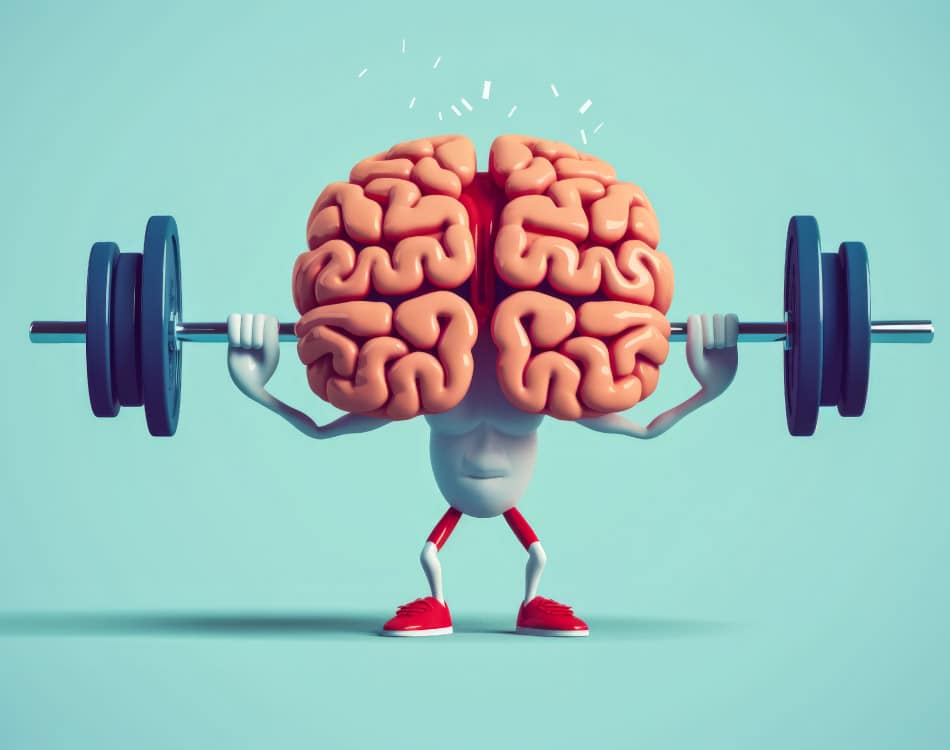In today’s fast-paced life, where the economy, crime and job security are everyday worries, stress is a major factor in just about everyone’s lives.
The fact is, stress is a natural part of life and it is experienced by all living things at some point or another.
READ MORE | Manage Stress And Improve Mental Health With These Supplements
The fight or flight response
The most primal stress-response system is the fight-or-flight reaction humans and animals experience when there is an imminent threat.
Any dangerous or stressful situation initiates a cascade of physiological responses in the body that prepare it for the impending action, be it to fight or escape (flight).
These responses include the release of catecholamine hormones like adrenalin and noradrenalin, as well as the stress hormone cortisol.
These hormones work together to increase your heart rate, dilate your pupils and the blood vessels in the muscles, and release energy.
READ MORE | The Stress-Less Toolkit
Dysregulated stress response
These adaptations would all return to normal once the threat or stressor was no longer there, as the stress response is self-regulating.
It would, therefore, automatically decrease hormone levels and return your body to normal state once the perceived threat had passed.
As such, stress can actually have a positive effect on your body, making you more alert, aware and prepared for action. This type of stress is known as eustress.
However, modern living amplifies and prolongs the stress response, to the point where people develop chronic physiological conditions due to the state of constant stress we generally find ourselves in.
We are exposed to an almost endless barrage of acute and chronic stressors on a daily basis in the form of work anxiety, concerns over money, family pressures, crime, work-life imbalances, traffic, politics… the list goes on.
Without relief from this stress through sufficient rest, relaxation and stress relief we become over-stressed.
In this state our bodies are constantly bombarded by cortisol and the other stress hormones, which results in overexposure. This can wreak havoc on our autonomic nervous system and affects our general well-being and overall health.
The three stages of stress (developed by Hans Selye)
- Alarm stage: An imminent threat or danger causes your body to go on red alert and prepare for “fight or flight”.
- Resistance stage: After the initial extreme reaction your body tries to adapt to the continued stress. It remains on alert but at a lower level while it tries to resume its normal functions. If the stressor is removed your body can start returning to a state of homeostasis. However, if it the stress becomes chronic you move to the third stage.
- Exhaustion stage: Your quickly burn out due to the stress overload.
READ MORE | Study suggests regular, structured exercise sufficient to lower risk of mental illness
When stress manifests physically
This continuous form of negative stress is commonly referred to as distress and can manifest in a number of physical symptoms.
These include headaches, chest pain, skin conditions, hair loss, respiratory problems, ulcers, diabetes, hyperthyroidism, obesity, tooth and gum disease and psychological issues such as fatigue, anxiety, OCD and depression.
Stress sufferers also tend to experience sleeping problems, which further exacerbates the problem.
And chronic stress directly affects your body in numerous ways, impacting heavily on a numerous important systems.
Cardiovascular system
Stress hormones initiate increases in blood pressure and heart rate, and diverts blood flow from nonessential organs to your muscles. This is done to prepare your body to either fight or flight.
However, when these ‘triggers’ do not subside, blood pressure and heart rate can remain elevated for prolonged periods of time, resulting in hypertension (chronic high blood pressure) and tachycardia (elevated heart rate). This places a great deal of strain on your cardiovascular system and can lead to various life-threatening conditions.
Immune system
Chronic stress can impair immune system function, which may make us more susceptible to illness and infection from a wide range of pathogens. This can also mean that illnesses are more frequent and severe, and may be prolonged.
Digestive system
Due to the restricted blood flow to nonessential organs caused by vasoconstriction, chronic stress can damage your digestive system or even shut it down.
Reproductive system
Sustained stress can decrease the likelihood of ovulation, as well as your libido, which negatively affects your reproductive system.
READ MORE | Highlighting The Importance Of Balanced Nutrition For Optimal Mental Health
Exercise more to manage stress
With such myriad negative consequences, the management of stress in our modern lives is a vital part of a healthy and balanced lifestyle.
Thankfully, in the pursuit of a better body or sporting performance, we are also helping to reduce stress in our lives.
Regular exercise is one of the best ways to deal with stress. It releases endorphins, which are the neurotransmitters that improve your mood.
Exercise also releases tension by distracting your from daily worries, while the improvements it makes to your cardiorespiratory system enable you to cope with daily stress more effectively.
Exercise helps to control your weight, which can increase during times of chronic stress as cortisol leads to increased fat storage, especially around your abdominal area, which raises your risk for heart disease and diabetes. Cortisol is also a major culprit when it comes to cravings for sugary and fat-laden foods.
You can also improve your stress levels by taking more time out to relax and free your mind. Take a walk, do some yoga, listen to some music or immerse yourself in a good book for a bit of escapism.
READ MORE | Study finds irregular sleep may lead to bad moods, depression
Down-regulate stress with optimal nutrition
Healthy eating is also a great way to boost your immune system and improve your vitality, which all help to stave off the ill-effects of stress.
You can also find additional support and, hopefully, relief from chronic stress with specific supplement products.
Your local Dis-Chem also stocks a range of supplements specifically formulated to help minimise stress and support the body and immune system.
For example, Biogen Stress Relief is a proprietary formula of selected botanicals that may support stress management.
And a product like Biogen Adrenal Assist can help to support adrenal gland function, which tends to take strain during prolonged or intense periods of stress as these organs produce the stress hormones, adrenaline and cortisol.
You can also use a nootropic product like Biogen Mental Reset to calm the body and mind and promote restful and restorative sleep.
Biogen Mental Reset contains a combination of antioxidants, vitamins, minerals and herbs in a formulation may support sleep in cases of restlessness or insomnia due to mental stress, and also contributes to normal immune system function, and protects cells from oxidative stress.
The fact of the matter is you can never eliminate stress from your life completely. The trick is to manage it properly, and the best way to do that is through regular weight training and cardiovascular exercise.













